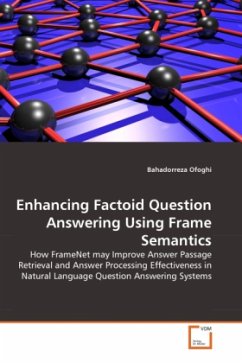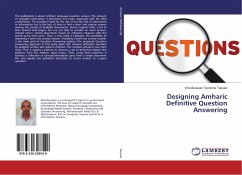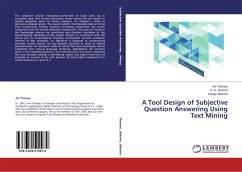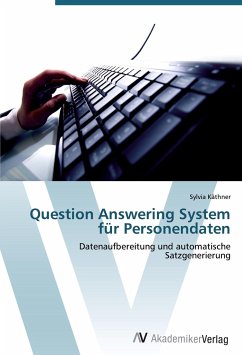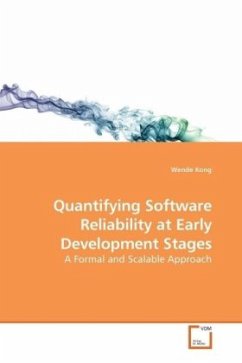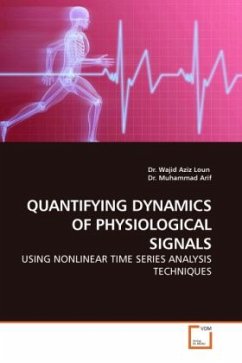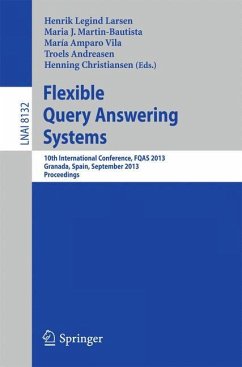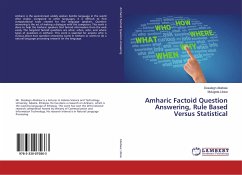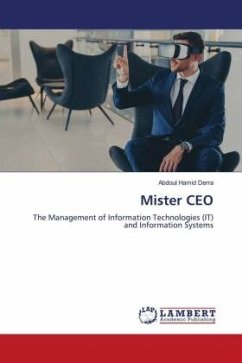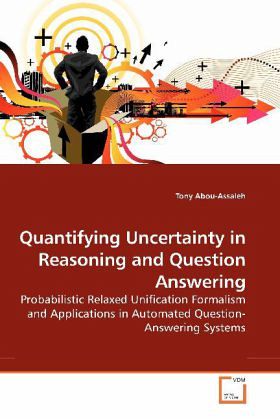
Quantifying Uncertainty in Reasoning and Question Answering
Probabilistic Relaxed Unification Formalism and Applications in Automated Question-Answering Systems
Versandkostenfrei!
Versandfertig in 6-10 Tagen
39,99 €
inkl. MwSt.

PAYBACK Punkte
20 °P sammeln!
Reasoning about natural language requires robustness in the face of uncertainty about the validity of the information contained in the text. Many natural language processing formalism rely on classical unification, which assumes that the knowledge base is complete and accurate. However, this seldom applies to the real world; text from the Web may contain incorrect, incomplete, or contradictory information. We introduce probabilistic relaxed unification as an alternative approach where the assumptions of classical unification are relaxed. Relaxed unification replaces the binary success or failu...
Reasoning about natural language requires robustness in the face of uncertainty about the validity of the information contained in the text. Many natural language processing formalism rely on classical unification, which assumes that the knowledge base is complete and accurate. However, this seldom applies to the real world; text from the Web may contain incorrect, incomplete, or contradictory information. We introduce probabilistic relaxed unification as an alternative approach where the assumptions of classical unification are relaxed. Relaxed unification replaces the binary success or failure outcome of classical unification with a real number quantifying the correctness of the result. Our formalism is realized in the implementation of a modular question-answering system prototype. Our approach is empirically validated through a series of cases drawn from real world questions and data collection. The validation cases substantiate that our system provides satisfactory results on the chosen dataset within the system limitations. This book should be of interest to academics and practitioners interested in reasoning under uncertainty and automated question-answering systems.



